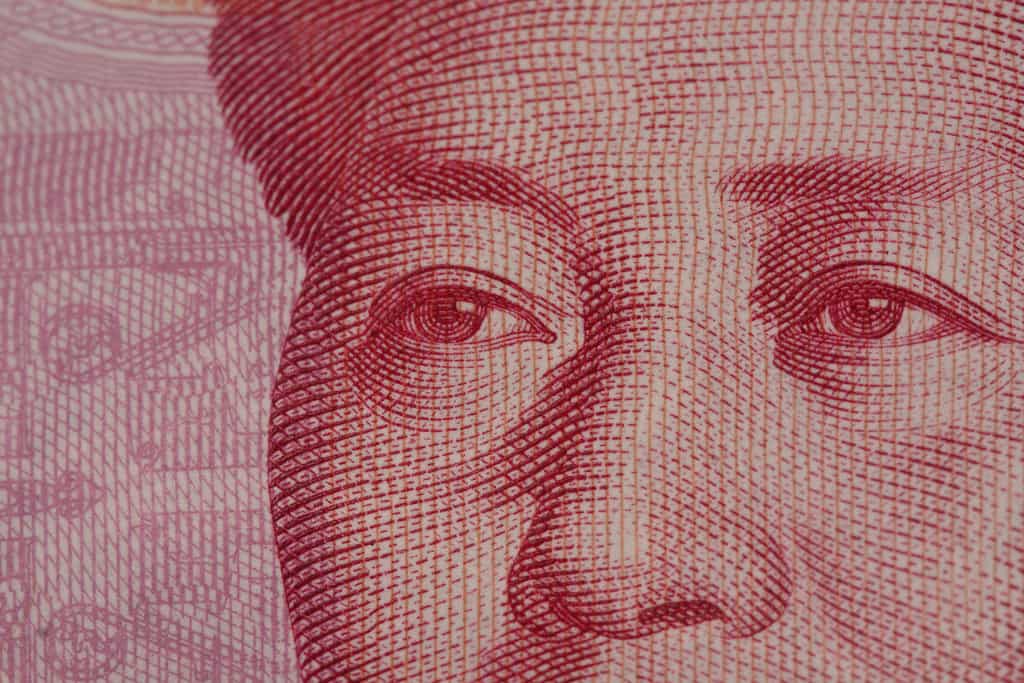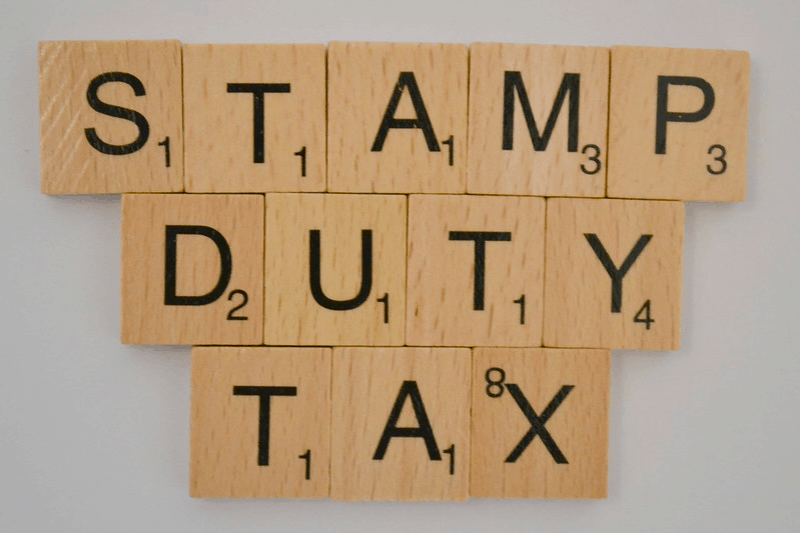Local and national tax offices around China have been merged together, as part of ongoing reforms of the Chinese taxation system.
State media reports that 36 province-level taxation offices across the country unveiled new signs on 15 June, signifying the merger of previously disparate authorities.
“The development of China’s tax system has welcomed another key moment of milestone significance,” said Wang Jun (王军 ) head of the State Administration of Taxation.
China’s State Council unveiled plans to merge China’s national and local taxation systems at the meeting of the Two Sessions held in March.
The move primarily involves the merger of state and local taxation authorities at the province level and below, and the creation of a taxation system which is jointly led by the State Administration of Taxation and China’s province-level governments.
Experts point out that the move is the biggest reform of China’s taxation system since 1994, when central government and local government finances and taxes were first separated.
Hu Yijian (胡怡建), a professor from the Shanghai University of Finance and Economics, said that the reforms will reduce tax collection costs and raise administrative efficiency, driven the establishment of an “orderly, rational and sound fiscal and taxation system.”
“The merger of the national and local tax offices resolves the problem we have of dealing with two separate systems,” said one business manager.
“The use of unified data system makes is easier for us to inquire about and handle tax-related issues, reducing taxation costs for enterprises.”
“The use of the same documentation and procedures by a single tax system with the same measures throughout the country will be of benefit to raising the unity and standardisation of tax enforcement,” said Fan Yong (樊勇), a professor at the Central University of Finance and Economics.
Following the full merger of China’s national and local taxation authorities, tax departments will be made responsible for the unified collection of pension fees, basic medical insurance fees unemployment fees and other welfare fees starting from 2019.
Related stories
State Council Proposes Merger of China’s Tax System


